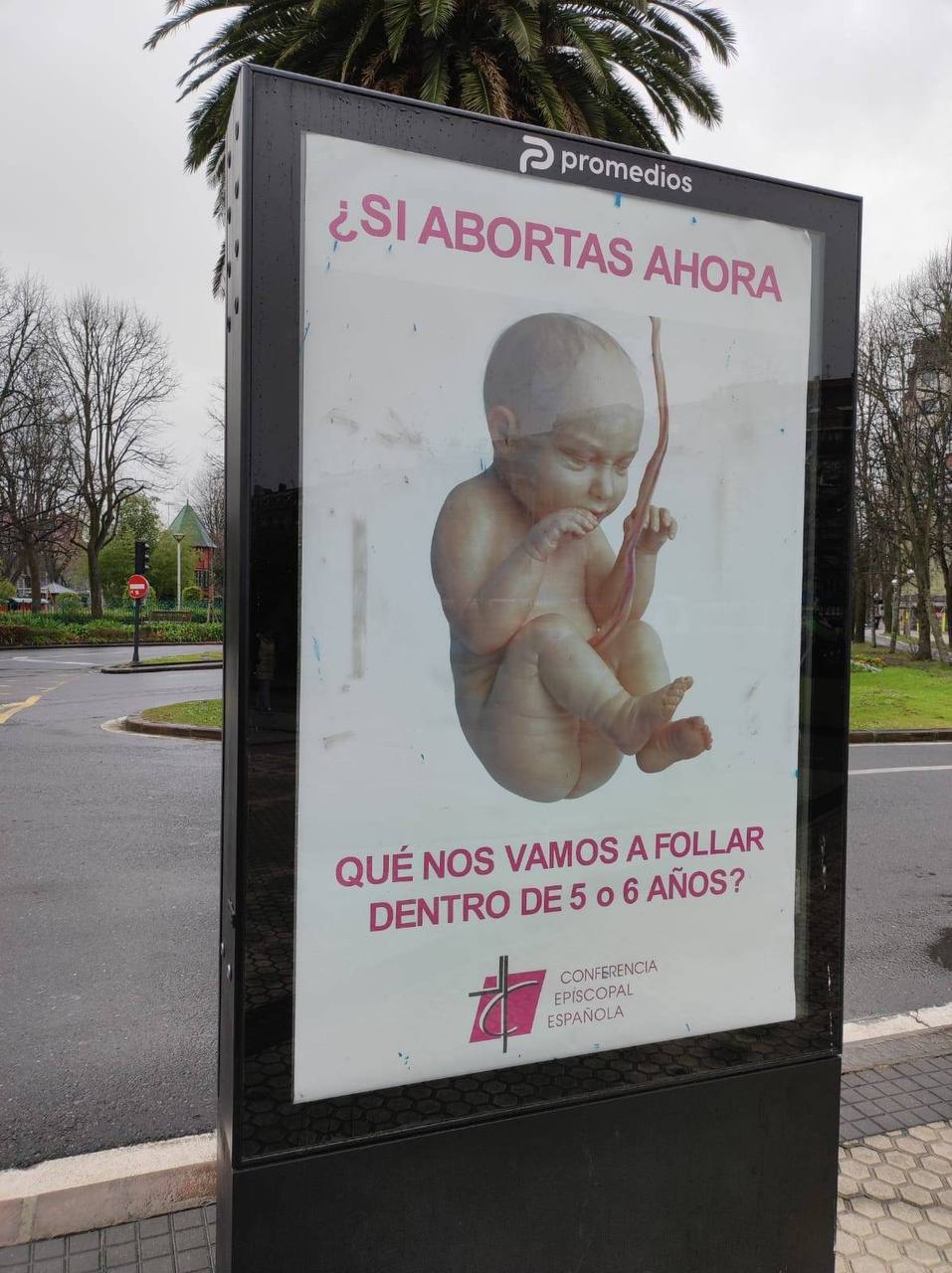The reform of the Abortion Law in Spain does not contemplate the reduction of VAT on menstruation products
- On May 17, the draft of the legal reform of abortion in Spain was approved. The main novelty is that because of the painful month, women will be able to have three days of illness. On the other hand, women over the age of 16 will not need the consent of their parents to abort.

In recent weeks, the reform of the Abortion Law in Spain has sparked many debates, and finally on Tuesday the draft law was approved in the Council of Ministers, which would enter into force in 2023. The coalition of the Spanish Government has reached agreement on some of its main points, but it has not made progress on others: they will not lower VAT to tampons, pads or menstrual cups, because Hacienda has not accepted it. Currently, hygienic products for menstruation have 10% VAT and 21% pancakes for menstruation. Minister for Equality, Irene Montero, said that 22 per cent of women said they could not afford to pay for these commodities.
Montero reports that this point will continue to be discussed in the General State Budgets in order to reduce or eliminate VAT to 4%. This measure would cost EUR 30 million in the Spanish Treasury and Montero has pointed out that with the cost overrun dissipated in the M-30 of Madrid they could pay a cost of 69 years.
On the other hand, women suffering from monthly pain will be able to obtain a three-day certificate of illness. They shall be considered as “Special Temporary Incapacity”, without the need for a minimum contribution for such leave. This cost would be borne by the State. This pioneering measure in Europe has also raised doubts as to how companies are going to act in practice with women who take advantage of this permit and whether the worker will not be discriminated against as a result.
Right to abortion
The other consensus between the PSOE and the United Nations We Can Have Been Corresponding to Abortion: Women over the age of 16 will not need parental consent to terminate pregnancy. The 2010 law included this measure, but Mariano Rajoy’s PP government modified the point in 2015, and since then the parents of minors must accept the decision to abort their daughter. With the latest reform, this right will return to girls over 16 years of age. According to the data collected by Eldiario.es, 90% of underage women abort with the help of their parents, so the measure is foreseen for exceptional cases, in order to guarantee the protection of the law to persons who do not have protection from their relatives.
Another point that will be covered by the reform is that from week 39 of pregnancy, pregnant women will have the possibility of obtaining permission to prepare the preparation. That is, a week before the expected date of delivery. The first draft of the reform provided for the granting of this authorisation by week 36.
Duela aste batzuk, gurean egon ziren El Salvadorko eta Kanarietako emakumeen eskubideen aldeko hainbat aktibista. Sexu- eta ugalketa-eskubideez eta eskubide horiek urratzeak emakumeengan dituen ondorioez aritu gara; hala nola El Salvadorren berezko abortuak izanda homizidio... [+]
A few weeks ago we heard Trump in the televised debate on the existence in his country of democratic states that authorize abortion after the birth of his son.
Judging by the character, it seems an absurd and improvised idea, but that same falsehood was heard in 2019 by Adolfo... [+]
Abortuaren eskubidea Frantziako konstituzioan sartu da aste honetan. Baina abortatzeko eskubidea ez da gaur goizeko afera. Jadanik 1970. hamarkadaren hasieran mugimendu azkarrak izan ziren eskubide horren erdiesteko Ipar Euskal Herrian.
Espainiako Estatuan Abortuaren aurkako lobbyak Abortuaren Legea erausteko beste saiakera bat egiten ari dira Gaztela eta Leonen. Hango gobernukide den Vox-ek iragarri du abortatu nahi duten emakumeei fetuaren taupadak entzunarazi edota ekografiak ikusaraziko dien protokoloa... [+]




















